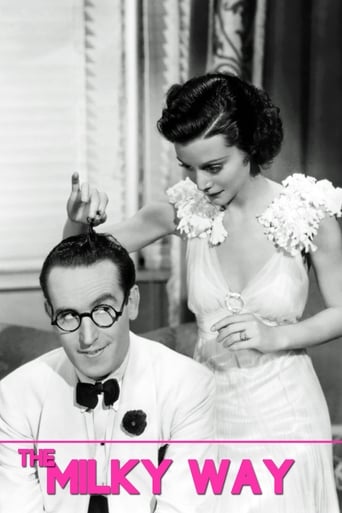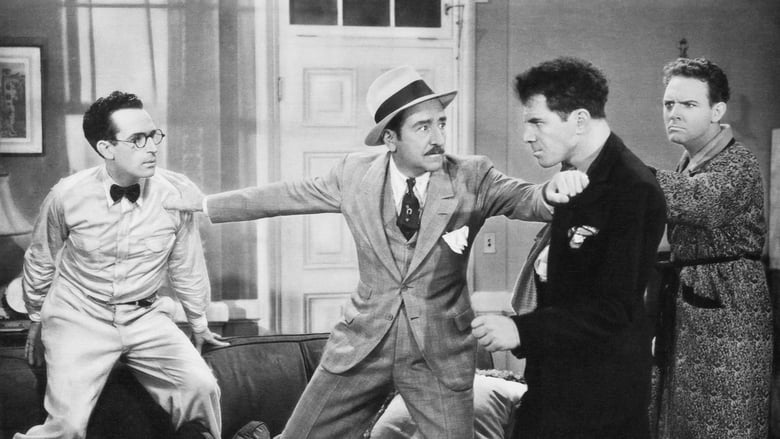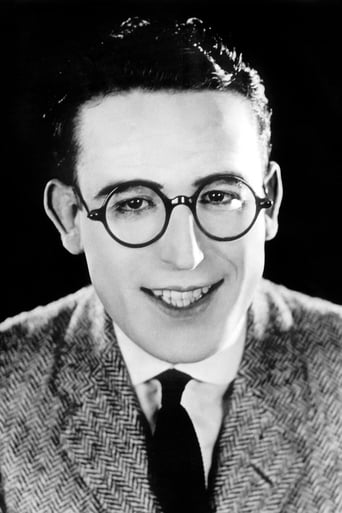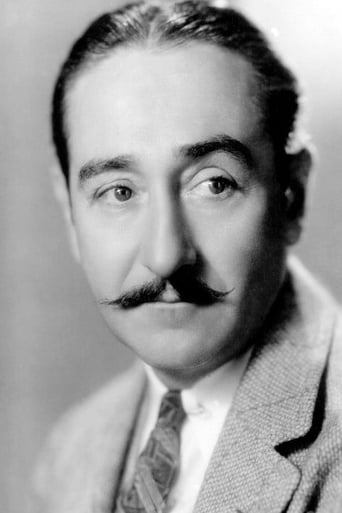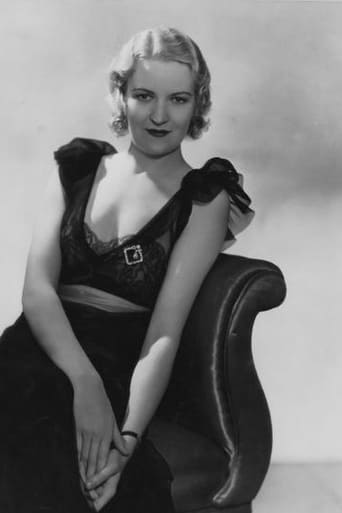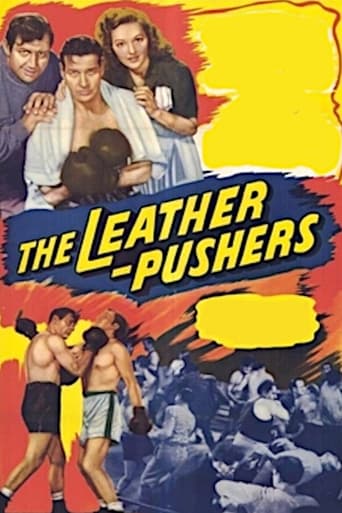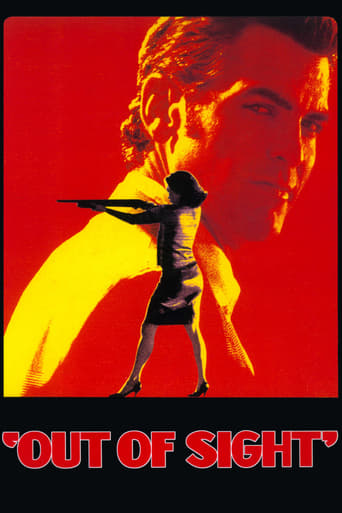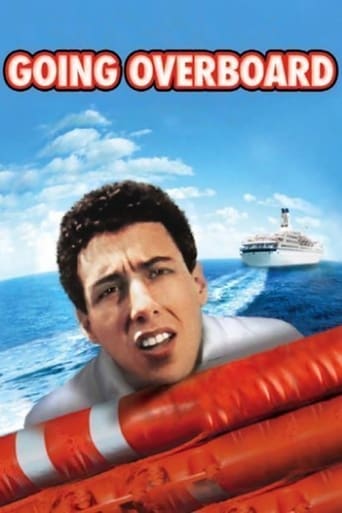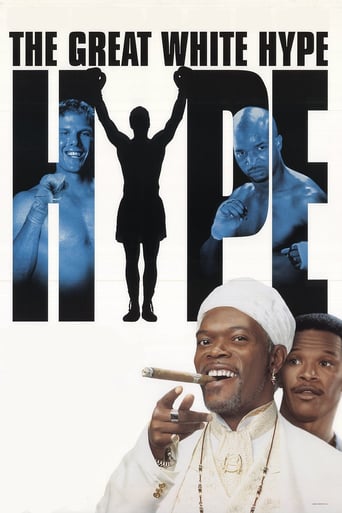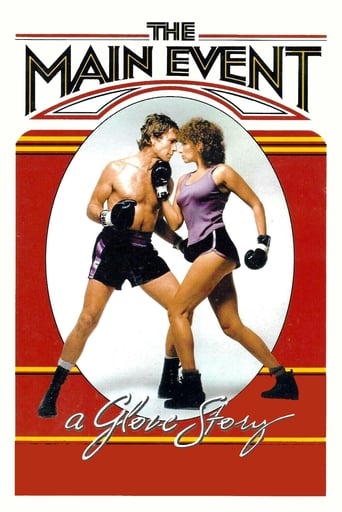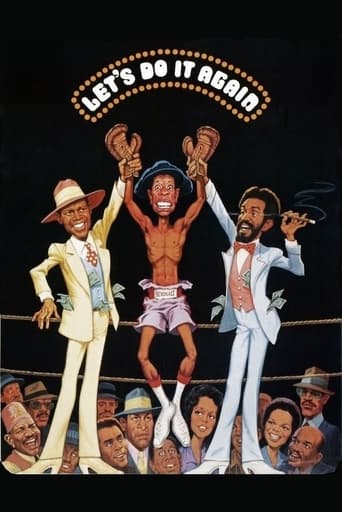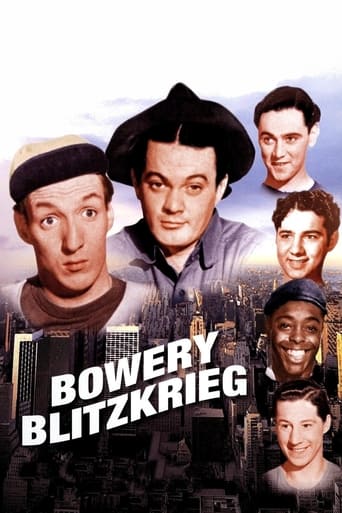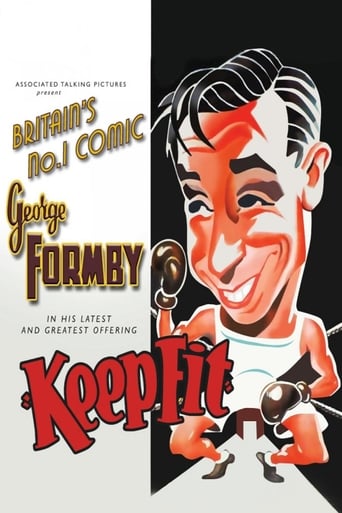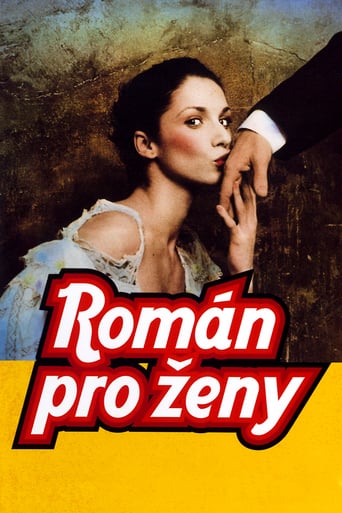The Milky Way (1936)
Timid milkman, Burleigh Sullivan, somehow knocks out a boxing champ in a brawl. The fighter's manager decides to build up the milkman's reputation in a series of fixed fights and then have the champ beat him to regain his title.
Watch Trailer
Free Trial Channels
Cast


Similar titles
Reviews
Really Surprised!
I saw this movie before reading any reviews, and I thought it was very funny. I was very surprised to see the overwhelmingly negative reviews this film received from critics.
There is just so much movie here. For some it may be too much. But in the same secretly sarcastic way most telemarketers say the phrase, the title of this one is particularly apt.
The biggest problem with this movie is it’s a little better than you think it might be, which somehow makes it worse. As in, it takes itself a bit too seriously, which makes most of the movie feel kind of dull.
A comedy with Lloyd, Menjou, Verree Teasdale, Helen Mack, W. Gargan, directed by a distinguished craftsman. Menjou is at his best, very believable as a dishonest manager.It is slapstick with a reek of folksy artfulness, but the thoughtful plot also has this neat dramatic dimension, required by Lloyd's style, which elicited, entailed this dramatic sharpness; his character was unusual and surprising among the peers, with unexpected means, and skillful in his own way, a naughty wag, determined not to be a victim, which makes the role so truth-like and folksy, with a certain folk realism, slyness and cleverness, a survivor, not at all helpless or clueless, he has his own merry pranks. The lead's slapstick was extravagant (the parades with bagpipes, the horses, already the lion, the flying hat) and baroque, compared to Keaton's.The protagonist is a proletarian. His _naivetés proceed mainly from inexperience (the puddle, the sportive delusions), not from imbecility, he has a gleam of cleverness. His story synthesizes two lines of realism, a modern popular one, and a folkloric one, reminding of the legendary jesters, and the movie's outlook needs to be explained by both of them, plus the extravagant slapstick, whether satirical (the lion, the hat, the bagpipes: the milkman's delusions of glamor ), or not. The milkman is decent and kind (and reasonably gullible in a milieu unusual for him), but not an idealist (this would be a type of lead unknown to the school of folkloric humor).Of the three ladies, Helen Mack plays the milkman's sister, Verree Teasdale the heartless blonde (Miss Westley).Menjou gives one of his best performances as the unprincipled, scheming and shrewd manager, he has an astounding ease.W. Gargan, who is very likable and handsome, plays Speed, Burleigh's future brother-in-law.So, a work of thoughtful and crafty comedy; the engine is the storyline, very polished. Some of the characters are glamorous (Miss Westley, the manager, Speed), others not (the sister and the girlfriend); there is a blockhead, Spider, but even him is the generic blockhead of the '30s comedies, not a slapstick one. Lloyd had this possibility of folk drama, because there is something dramatic in his character's struggle to survive. The movie begins with his humiliations, and he finds the way to upstage them all, he finds a makeshift. His Burleigh is sometimes clumsy, but neither naive, nor humble, he vanquishes the wealthier and their routine. He's sly.
This entertaining film deals with a timid milkman named Burleigh Sullivan (the name of the lead character, "Burleigh" is an inside joke since it sounds like "burly" which means 'strongly and heavily built, husky' which the character is not) . Sullivan (Harold Lloyd), somehow knocks out a boxing champ in a brawl. The newspapers get hold of the story and photographers even catch Burleigh knock out Speed again . Speed's crooked manager (Adolphe Menjou) decides to turn Burleigh into a boxer . Burleigh doesn't realize that all of his opponents have been asked to take a dive. Thinking he really is a great boxer , Burleigh develops a swelled head which puts a crimp in his relationship with pretty girl called Polly Pringle (Dorothy Wilson) . He may finally get his comeuppance when he challenges fighter Speed (William Gargan) for the title. So the sleazy manager decides to substitute him with Sullivan , who is now groomed for stardom. Naive Burleigh does everything the crook says, only to be blamed when it all explodes in their faces big time. This light-hearted comedy and enjoyable story is basically a showcase for the many talents of Lloyd , as a frail man mistaken for a potential champion and probably to be Harold's last classic picture . The yarn is appropriate , but no equal to Lloyd previous silent productions. Amusing acting by Harold Lloyd as a shy milkman Burleigh Sullivan who accidentally knocks out drunken Speed McFarlane, a champion boxer who was flirting with Burleigh's sister . Harold plays a milque-toast weak man , a funny and totally extroverted Lloyd who thinks he really won all those fights that he was signed up by crooked manager Adolphe Menjou who shows to have a big flair for slapstick comedy . Features great support cast such as Helen Mack , William Gargan and Lionel Stander will repeat his role from this original version ten years later and film debut of Anthony Quinn. Producer Samuel Goldwyn bought the rights for the property in the mid-1940s for his remake The kid of Brooklyn (1946), as well as the original negative and almost all existing prints, and destroyed them. The ending struggle scenes for the championship is hysterically fun , an adequate material for Harold LLoyd's physical skills . Beautifully filmed in black and white cinematography as well as atmospheric musical score . It proved to be a very profitable film , being this original rendition with Lloyd and McCarey crisper and funnier than subsequent retelling . The motion picture was professionally directed by Leo McCarey ; however , when director was in the hospital, Norman Z. McLeod directed some of the scenes . The film is definitely for the lighthearted.This flick has been adapted several times , as firstly the original play opened at the Cort Theatre in New York on 8 May 1934 and closed in July 1934 after 63 performances , titled the Milky Way (1934) , written by Lynn Root and Harry Clork , directed by William W. Schorr with a cast formed by : John Brown, Brian Donlevy (as "Speed McFarland"), Leo Donnelly (as "Gabby Sloan") , Edward Emerson, William Foran, Gladys George (as "Anne Westey"), Emily Lowry, Hugh O'Connell (as "Burleigh Sullivan") . And reworked a decade later by Samuel Goldwyn as The kid from Brooklyn (1946) , it even features some of the same supporting characters the Lloyd version . The big difference is the addition of the songs , the players are : Danny Kaye as Burleigh Sullivan, Virginia Mayo as Polly Pringle , Vera-Ellen as Susie Sullivan , Steve Cochran as Speed McFarlane , Eve Arden as Ann Westley , Walter Abel as Gabby Sloan , Lionel Stander as Spider Schultz . Furthermore , The Hedda Hopper Show - This Is Hollywood" broadcast a 30 minute radio adaptation of the movie on March 22, 1947 with Danny Kaye and Virginia Mayo reprising their film roles. And finally a special version titled ¨The Calcium kid¨ (2004) starred by Orlando Bloom , Michael Lerner , Billie Pipper , David Kelly ,in which an English bachelor milkman, 'accidentally' knocks down his boxing club's champion as stand-in sparring partner.
Apparently we're real lucky to have The Milky Way available to us at all today. Producers like Sam Goldwyn who bought up the negatives and all existing copies so that it would not be compared to his remake of The Kid From Brooklyn weren't concerned with historic preservation. Fortunately star Harold Lloyd was.The Milky Way was Lloyd's last really successful film artistically though it did lose money for Paramount. In it Lloyd plays a milkman who happens to knock out middleweight champion William Gargan, sort of. In truth Lloyd has defense down pat which is half the skills of a successful boxer he can bob and weave having been taught to do that as a 98 pound weakling kid to avoid being hit. But when he does that the publicity makes Gargan's manager Adolphe Menjou who seems to have taken his character from Doc Kearns who managed among others Jack Dempsey. Menjou builds up Lloyd with a series of tank opponents all for a real title shot at Gargan. Of course when Gargan falls for Lloyd's sister Helen Mack things do get a bit complicated.Director Leo McCarey loaded this film with a treasure chest of character players. Playing the Eve Arden part before Eve Arden is Verree Teasdale who was Menjou's girlfriend and real life wife. Lionel Stander is the clueless factotum for Menjou and Gargan whose malapropisms are amusing and who nearly tanks the whole set up in the end. I also can't forget George Barbier as the milk company executive who sees a great promotion opportunity in the milkman/pugilist.The Milky Way holds up great and should be seen with Sam Goldwyn's The Kid From Brooklyn for comparison. You can see why Goldwyn thought this would be a great vehicle for Danny Kaye. Lionel Stander repeats his role and Eve Arden plays the Eve Arden part that Verree Teasdale originated.
This is one of two latter-day Harold Lloyd vehicles directed by award-winning comedy experts - the other being his swansong, THE SIN OF HAROLD DIDDLEBOCK (1947), written and directed by Preston Sturges (with which I hope to re-acquaint myself later on in the month via a Cable TV recording, in direct anticipation of 3 more of Sturges' own films I own on DVD).I've watched all but a couple of Lloyd's Talkies (WELCOME DANGER [1929] and PROFESSOR BEWARE [1938]): while his transition to the new medium was certainly not as disastrous as Buster Keaton's, I still feel that Lloyd's brand of comedy wasn't particularly suited to Sound; as a matter of fact, the film depends a good deal on dialogue for laughs - and most of the best lines are not even delivered by the star! McCarey himself (reportedly, he fell ill during production of THE MILKY WAY and some scenes were actually directed by Norman Z. McLeod) had been a practitioner of Silent comedies for Laurel & Hardy but, when Sound came in, proceeded to work with practically all the major Talkie star comedians - Eddie Cantor, The Marx Bros., W.C. Fields, Mae West, and even Cary Grant. In any case, the milkman-turned-boxer plot line provides plenty of uproarious situations - and it was eventually revamped as a musical vehicle for Danny Kaye called THE KID FROM BROOKLYN (1946; I watched this as a kid and, if I have the time, I may check it out again as well) which, incidentally, was directed by Norman Z. McLeod!Still, like I said, Lloyd is somewhat upstaged by his fellow actors in this one: Adolphe Menjou as the smart boxing manager (of two rival prizefighters!) and Lionel Stander as his burly but dim-witted hood/assistant; but the women are strong characters as well, particularly Verree Teasdale as Menjou's cynical girl (incidentally, the couple were married in real-life!) and Helen Mack as Lloyd's brave but apprehensive younger sister (conveniently engaged off by Menjou to the current boxing champ - whom Lloyd had ostensibly knocked out in a fit of rage and who would like to get his prestige back). The ending, however, is a bit abrupt - especially since the women (including Lloyd's love interest, played by Dorothy Wilson) are kind of neglected...as is a newborn pony which has followed Lloyd into the boxing arena! Unfortunately, I experienced some freezing issues around the 27-minute mark but, when I played the scene back, the glitch was thankfully not repeated.P.S. According to the IMDb, there are at least 11 movies made between 1917 and 2006 entitled THE MILKY WAY but, apart from the Lloyd/McCarey picture, the most notable are certainly the Oscar-winning 1940 animated short and Luis Bunuel's wickedly funny 1969 treatise on Catholic dogma.

